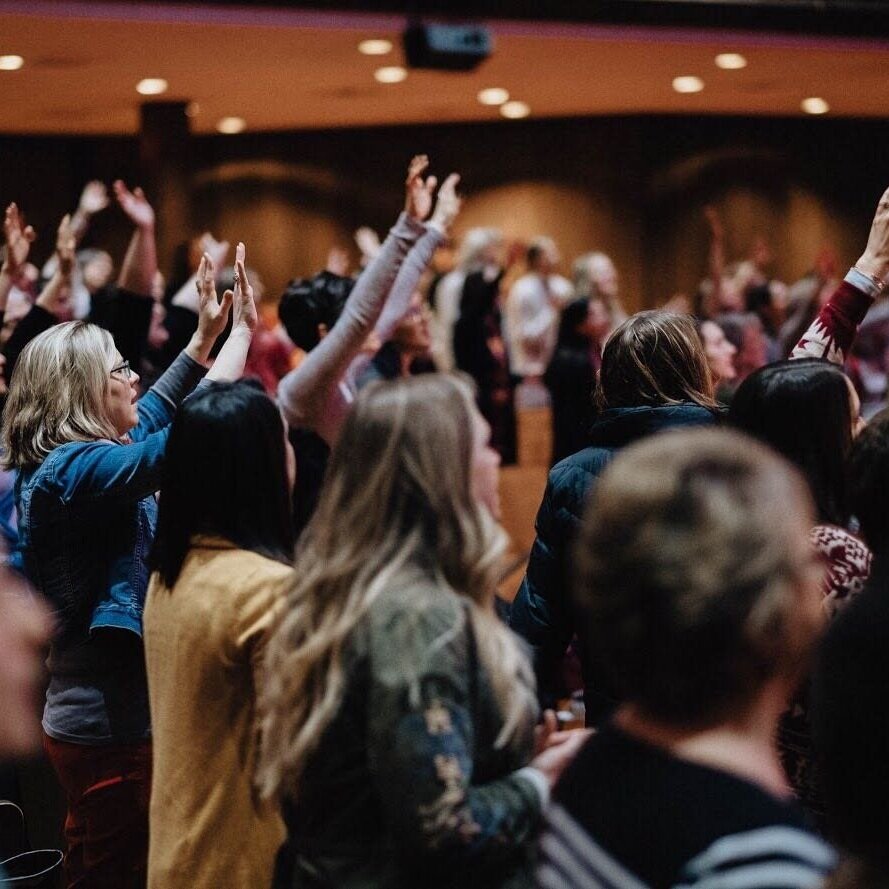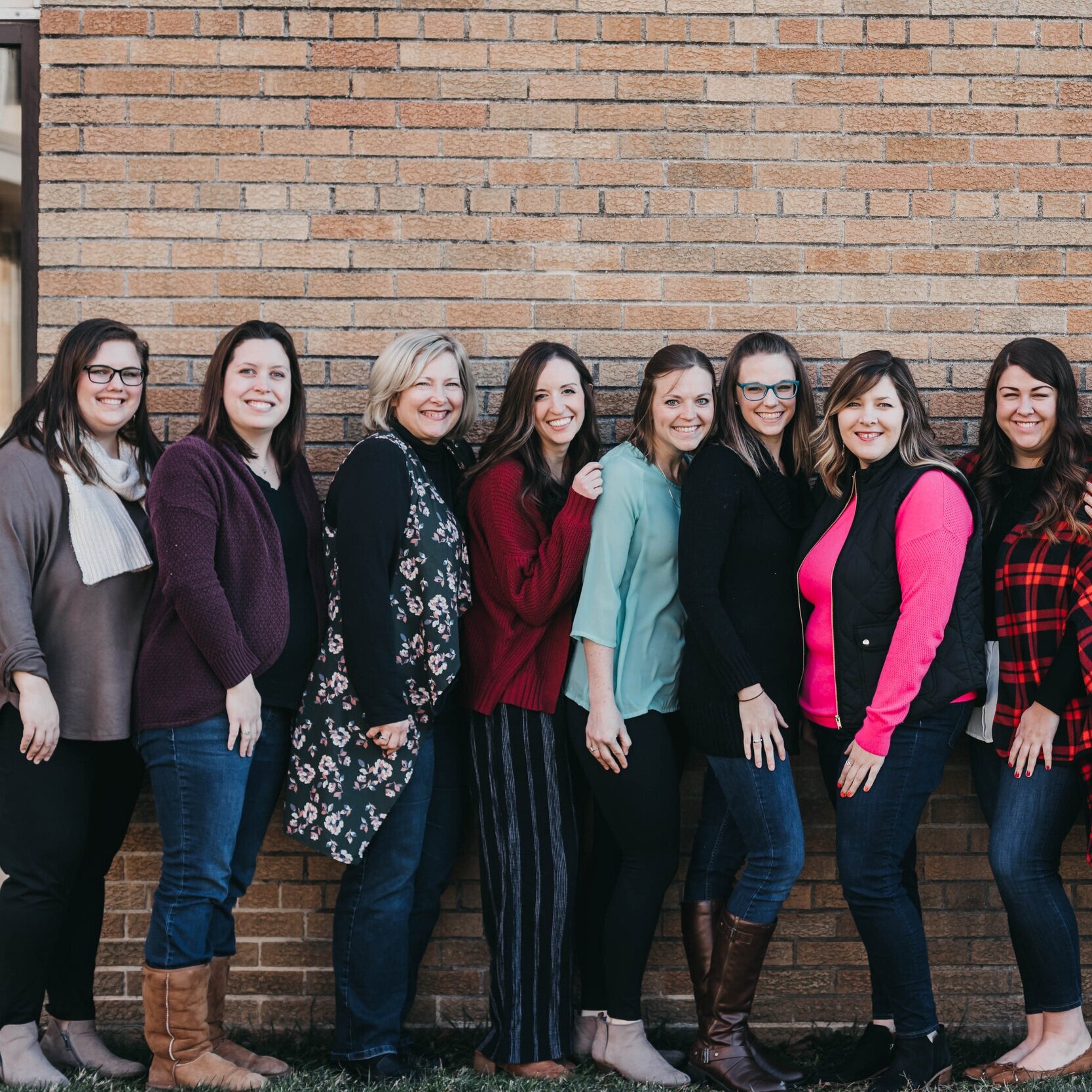This past week we launched our first, “Sermon Prep Challenge”. We wanted to challenge and encourage all of you to connect with God through His Word and His church. When we first came up with the idea, we had no idea it would be happening while we went through a pandemic. It was bittersweet to go through this challenge and not be able to sit with fellow brothers and sisters at the end of the week to soak in the sermon together. However, it did allow me to feel a bit closer to my church knowing several of my friends were all diving into this passage of Scripture together, along with our pastor.
My church had just begun to study Psalm 23, with this past week’s sermon focusing on the four simple words: “I shall not want.” Each day, the Dayton Women of the Word team had a study tool to focus on.
Monday: Context
Tuesday: Annotation
Wednesday: Compare Translations
Thursday: Cross References
Friday: Word Study
Saturday: Respond to the Text
I was by no means an A+ student with this challenge. I have a 2-year-old at home who requires a lot of pretend play and snack deliveries. Yet almost every day, I found a little bit of time to sit down and study the Psalm. I loved that with each different study tool, something new stuck out. When I was annotating, I noticed that David goes from a style of, “He makes, He leads, He restores” to “You are with me, You comfort, You prepare.” I wondered whether there was some significance to this. When I compared translations, the simplicity of, “I shall not want” was broken down in a new way that brought clarity. One time there was a cross reference that went to a passage my husband and I had just read with my daughter at bedtime the night before. Suddenly other passages in Scripture were coming alive to me in new ways.
Instead of being tempted to be distracted by my phone or my kid during the sermon, I was motivated to remain focused.
On Sunday, I tuned into church. I was excited to hear how a fellow believer dove into the text. What did he take from this passage that I didn’t? What was the same? Instead of being tempted to be distracted by my phone or my kid during the sermon, I was motivated to remain focused. I was so excited when one of the big questions I had been sitting on was addressed by my Pastor. (If you’re curious, he mentioned the style change and how it was David reminding himself the promises of God when it shifted in style.)
This was the first time I studied the text of my church without having a group of girls in a Bible Study doing it alongside me. I found the simple structure was enough to hold me accountable each day to get into the Word. It was such a purposeful way to engage with my church on Sunday mornings; I’m motivated to do it again. On Monday morning, the sermon was still fresh in my mind, because I had studied it for myself. It also was a great way to remind me to pray for my pastor throughout the week.
This is a study tool to keep in mind if you’re ever in between Bible Studies or just not sure what to study for yourself.
Did you do the challenge? It’s not too late to try it yourself! This is a study tool to keep in mind if you’re ever in between Bible Studies or just not sure what to study for yourself. It’s also just a great way to stay engaged with your own church! We will definitely be doing this challenge as a ministry in the future. So whether you do it now or later, we’d love to hear how it went.
You can always email us (daytonwomenintheword@gmail.com) or tag us on Instagram or Facebook sharing your experience!
Jen Ward is the Written Content Contributor for DWITW. Jen wants to live in a world where chocolate croissants grow on trees, all babies automatically sleep through the night, and every woman feels empowered to study Scripture on her own. Connect with Jen via Instagram @JenieAnn.






















